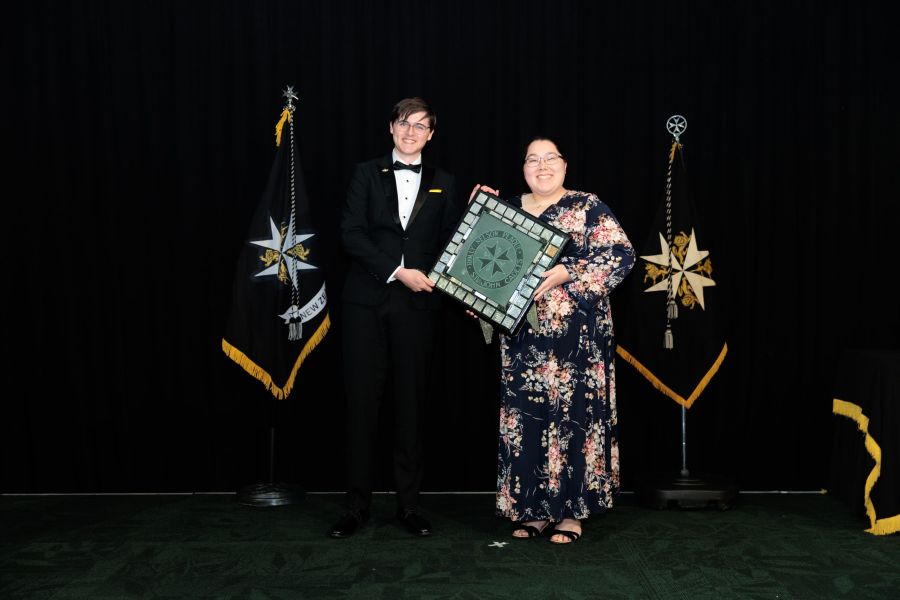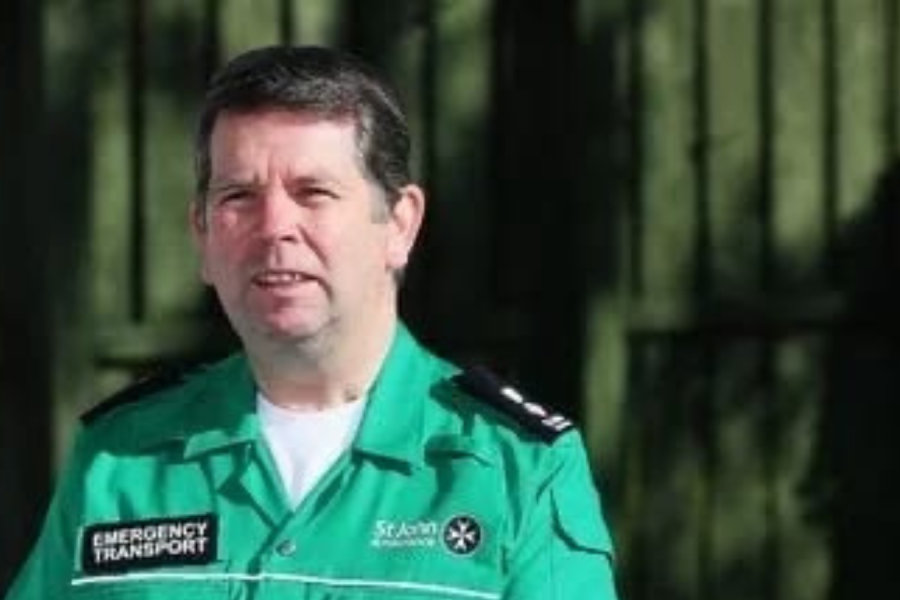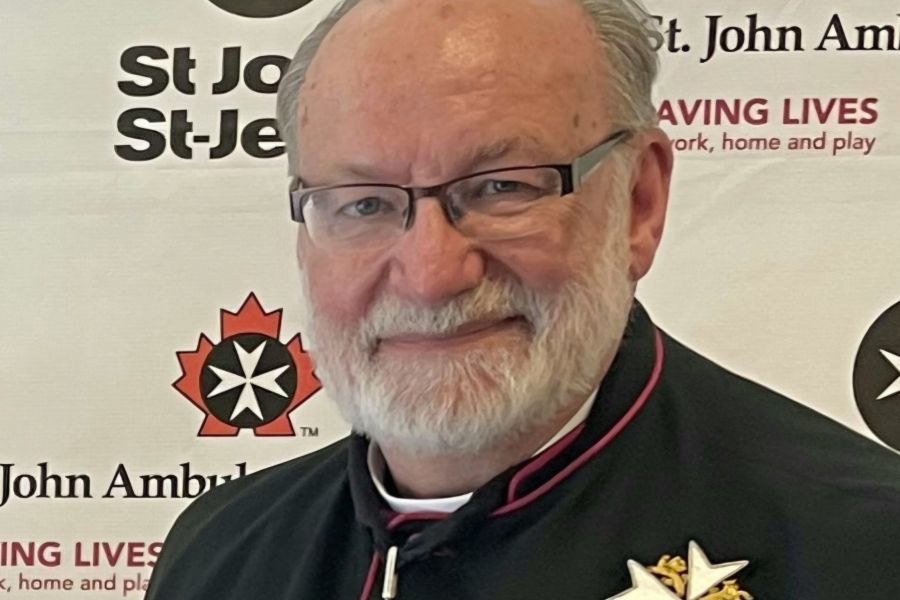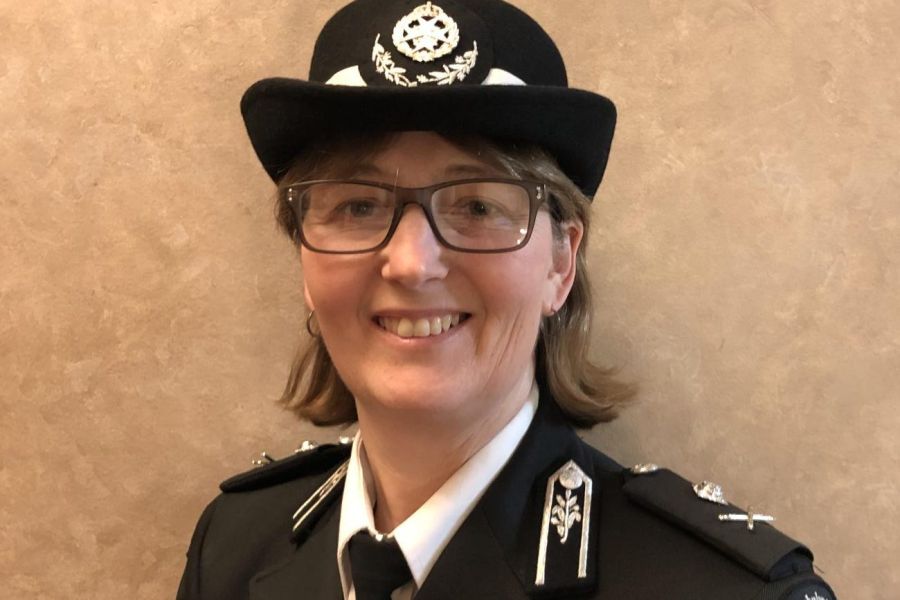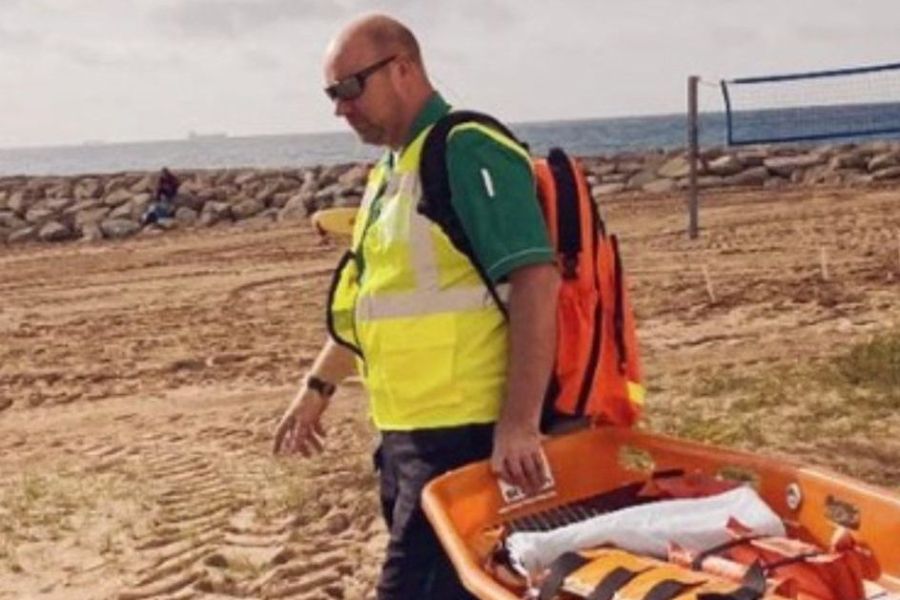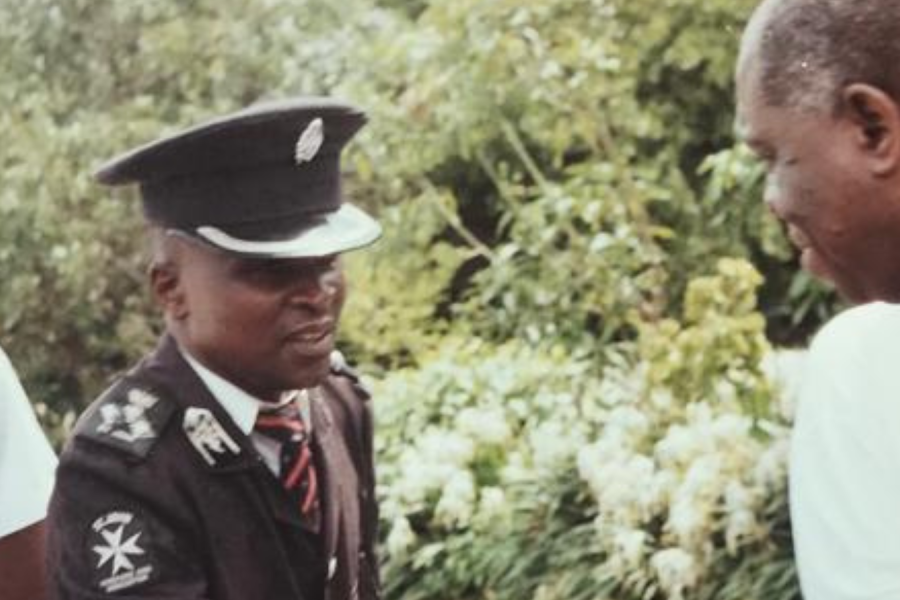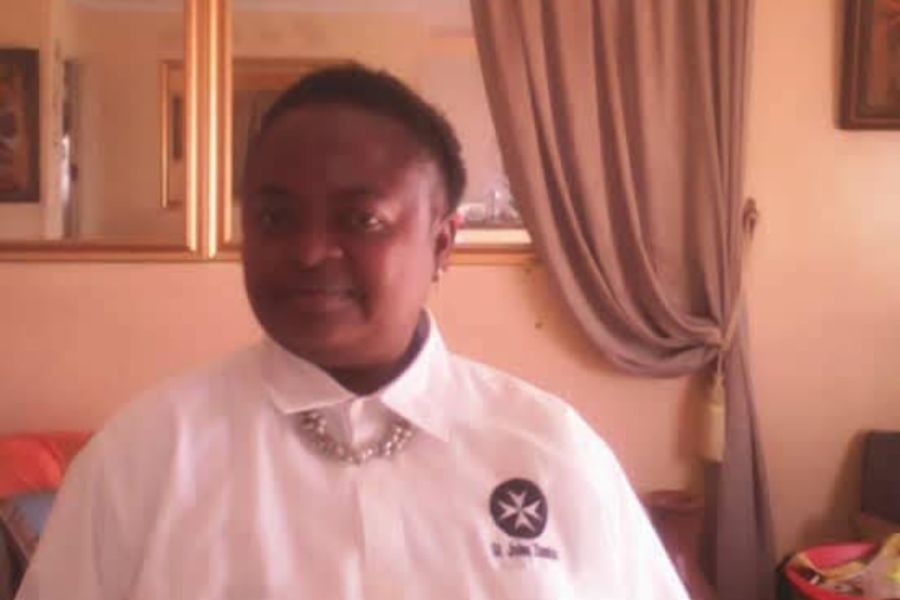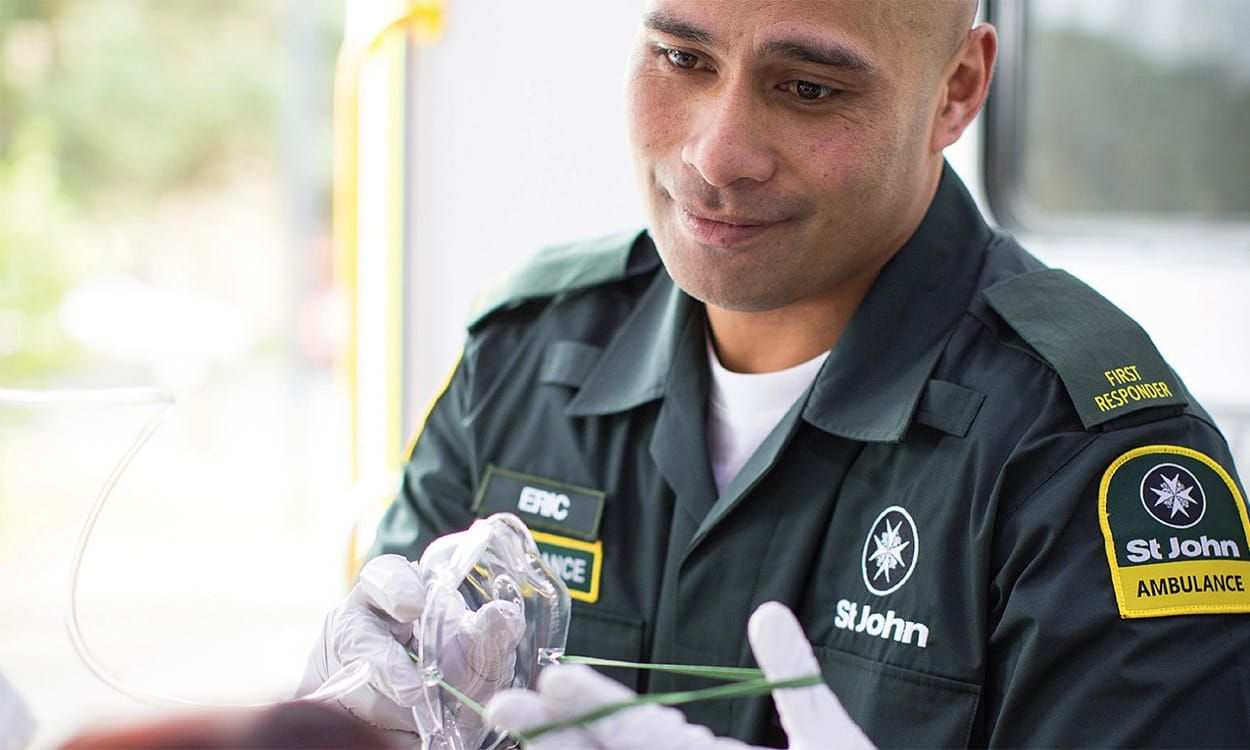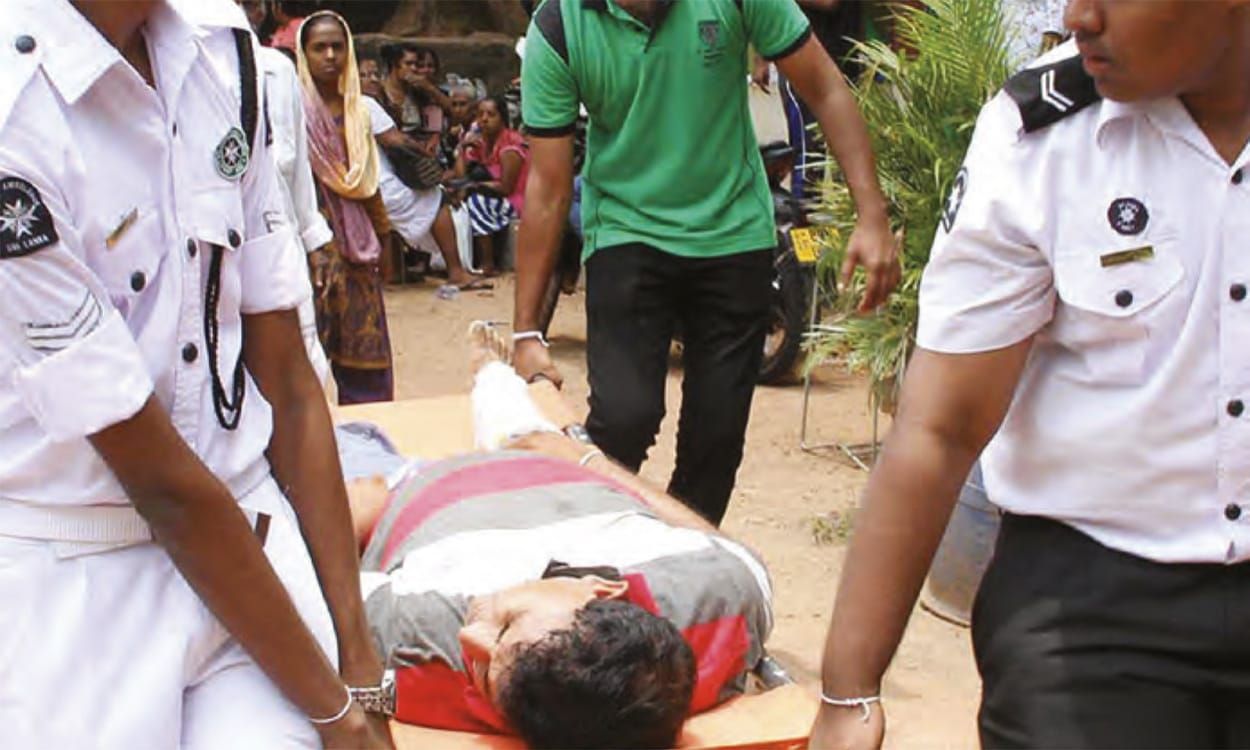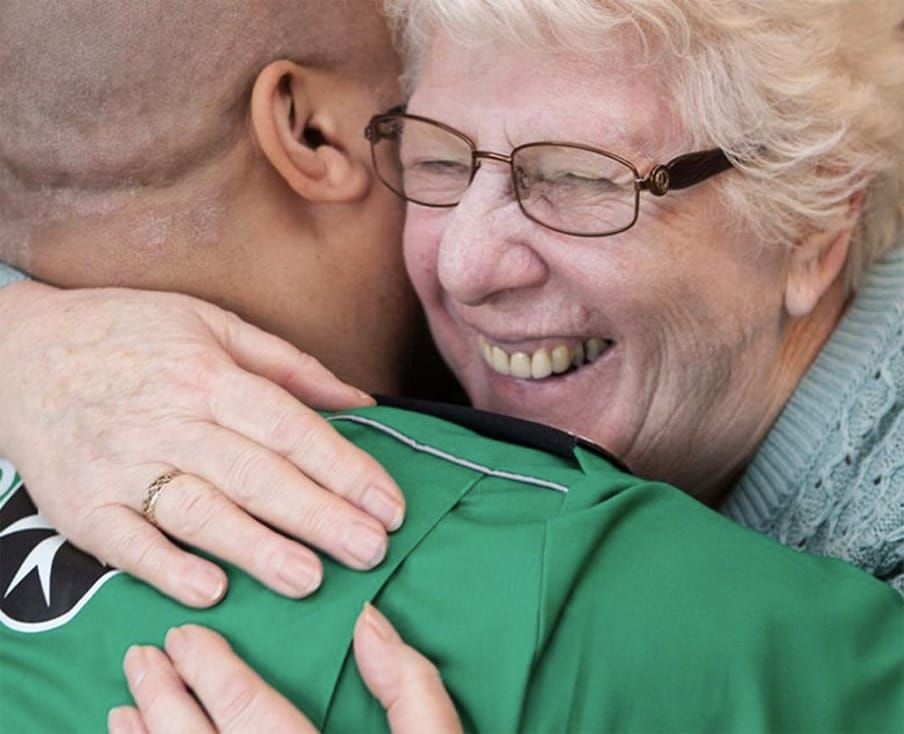What is the Chivalric Order of St John?
The Order of St John was founded in around 1070 to serve the needs of poor pilgrims in Jerusalem. They were known as the Hospitallers, and their work was centred around the care of the sick and the poor of all faiths – treating Christians, Muslims, and Jews alike in the broadest sense of inclusivity. In the centuries that followed military activity took place in parallel to nursing and the ethos relating to chivalry and knighthood developed. That ethos expected the qualities of courage, honour, justice, and courtesy from its knights, and also the values of love, joy, peace, kindness, goodness, faithfulness, gentleness, and self-control.
The modern iteration of St John that was born in the Victorian era was not concerned with warfare but with charitable service and transferred the virtuous knight from the battlefield to the hospital and those in need. Today horses have been replaced with ambulances, swords by surgical needles, and armour by first aid kits. Through the delivery of first aid and other healthcare activities worldwide, and the charitable output of the St John Eye Hospital Group, St John people are following the values of the earliest Hospitallers.
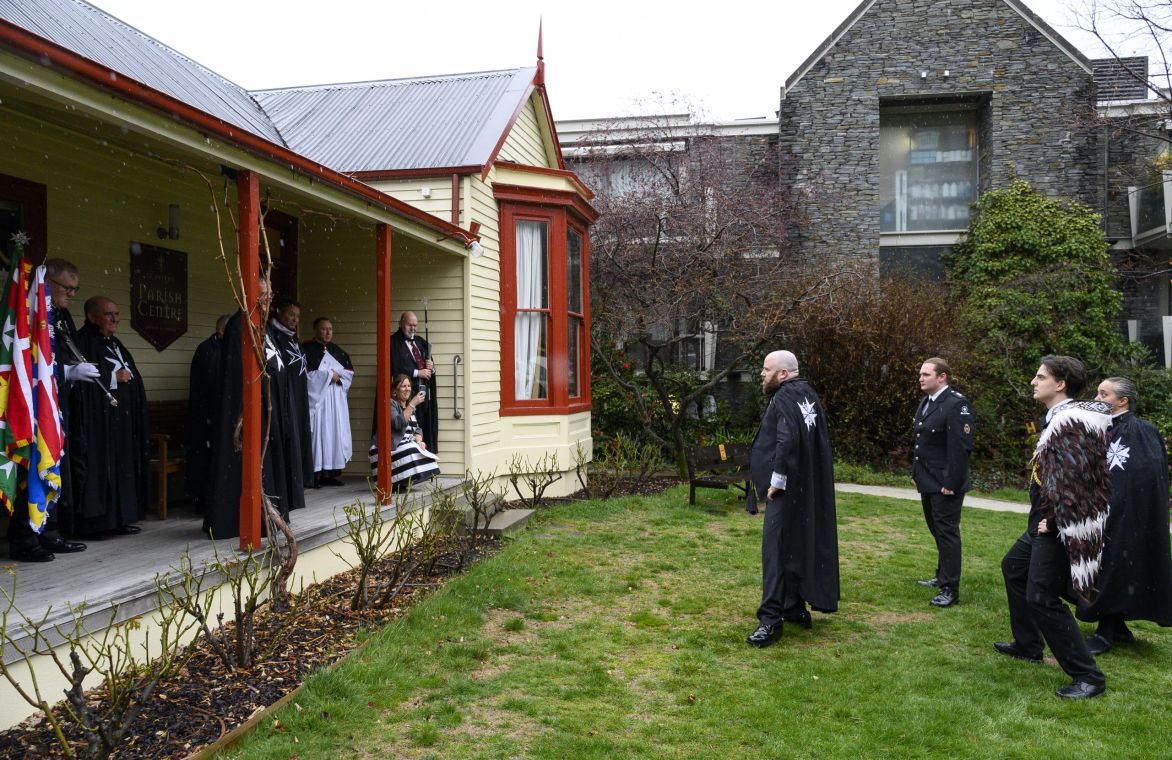
St John people serving the purpose of St John are eligible to become members of the present-day Order of Chivalry. These St John people continue to show respect and kindness to others, unselfishness, excellence in delivering modern care, and openness to learn, as well as; devotion to helping others, togetherness with common values, diversity and inclusiveness supporting our common purpose, and to the faithful vision of our founders.
These enduring chivalric values are today’s St John values. They show the Order’s ability to preserve and renovate important traditions and demonstrate that chivalry today as a member of the Order of St John is the actual and relevant expression of the skill and service to humanity that our forefathers, the Hospitallers, started over one thousand years ago.
What makes the Order of St John special?
Since being granted the Royal Charter by Queen Victoria in 1888, the Order of St John is a Royal Order of Chivalry of the British Crown with the reigning Sovereign as the Sovereign Head. St John is also an international family of charities whose mission is to lead globally in First Aid and medical responses to community healthcare needs. In the territories where the Order operates, other than the recognised orders of St John, no other recognised Order of Chivalry has a charitable mission, and no other charity has a recognised Order of Chivalry.
Membership of the Order of St John
What are the grades?
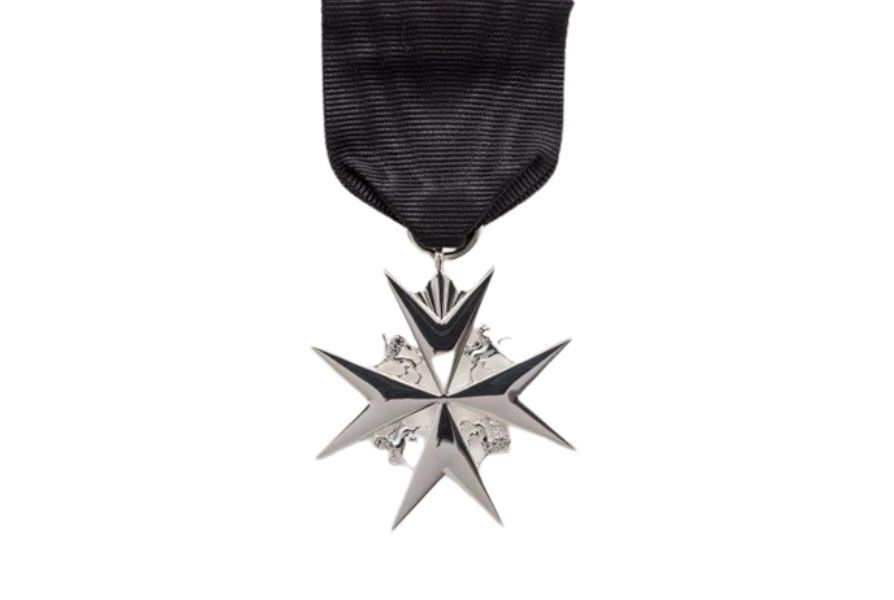
Grade V (Member, MStJ)
The normal entry grade for notable service and more than 60% of members hold this grade.
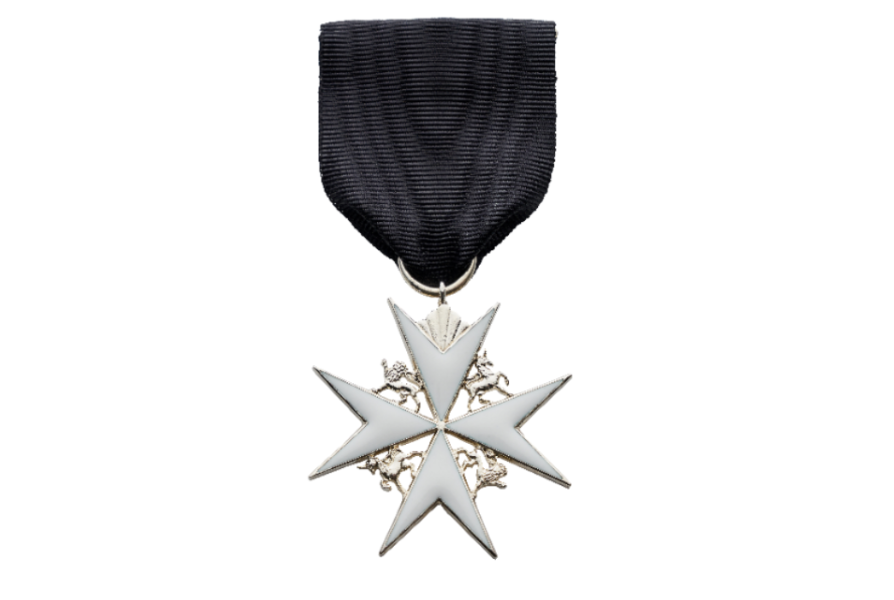
Grade IV (Officer, OStJ)
The distinguished service and about 25% of members are Officers.
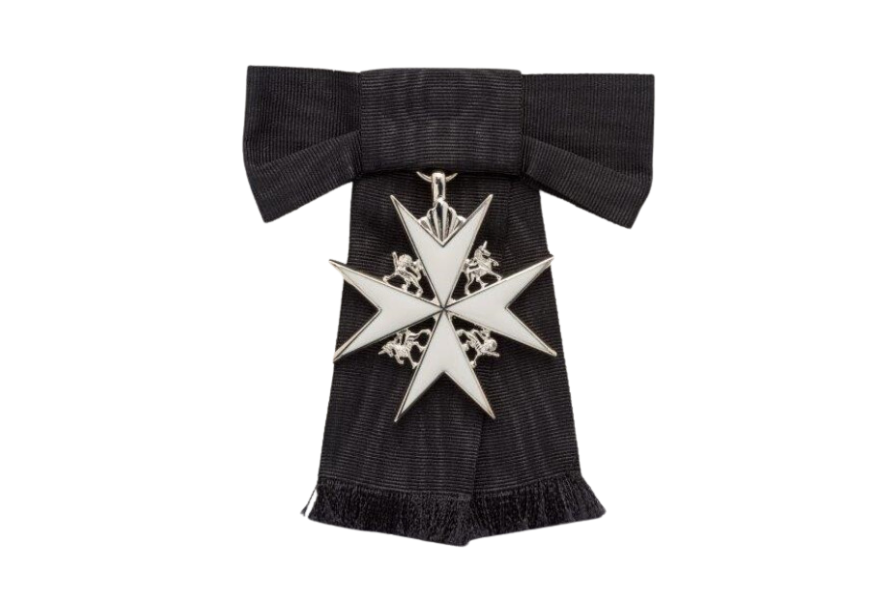
Grade III (Commander, CStJ)
This is for exceptional service and about 10% of members are Commanders.
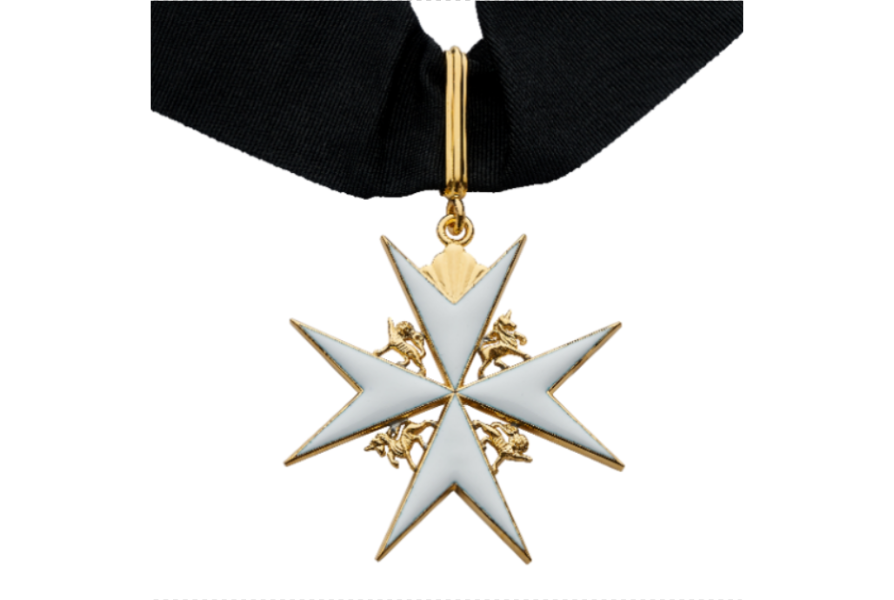
Grade II (Knights or Dames, KStJ or DStJ)
This is for outstanding service and less than 5% of members hold this grade.
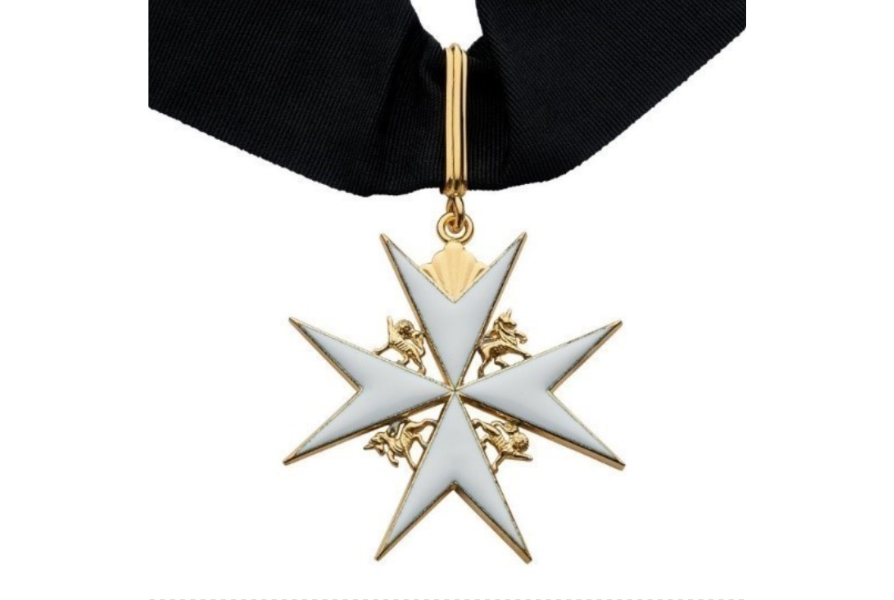
Grade I (Bailiffs or Dames Grand Cross, GCStJ)
This is the highest grade within St John and is awarded sparingly for pre-eminent service.
The Honours and Awards Process
The International Office manages the Order’s honours and awards process, and the Order Honours and Awards Committee (OHAC) is responsible for ensuring that it is operated fairly, consistently and to a high standard across the Order. The OHAC consists of the Great Officers and Independent Members, with members of the Trustees Executive Committee in attendance. The Order Chancellor is the Chair, and the Head of Chancery is the Secretary.
Want to learn more about our Nominations Process?
Check out our Regulations and Guidance below!
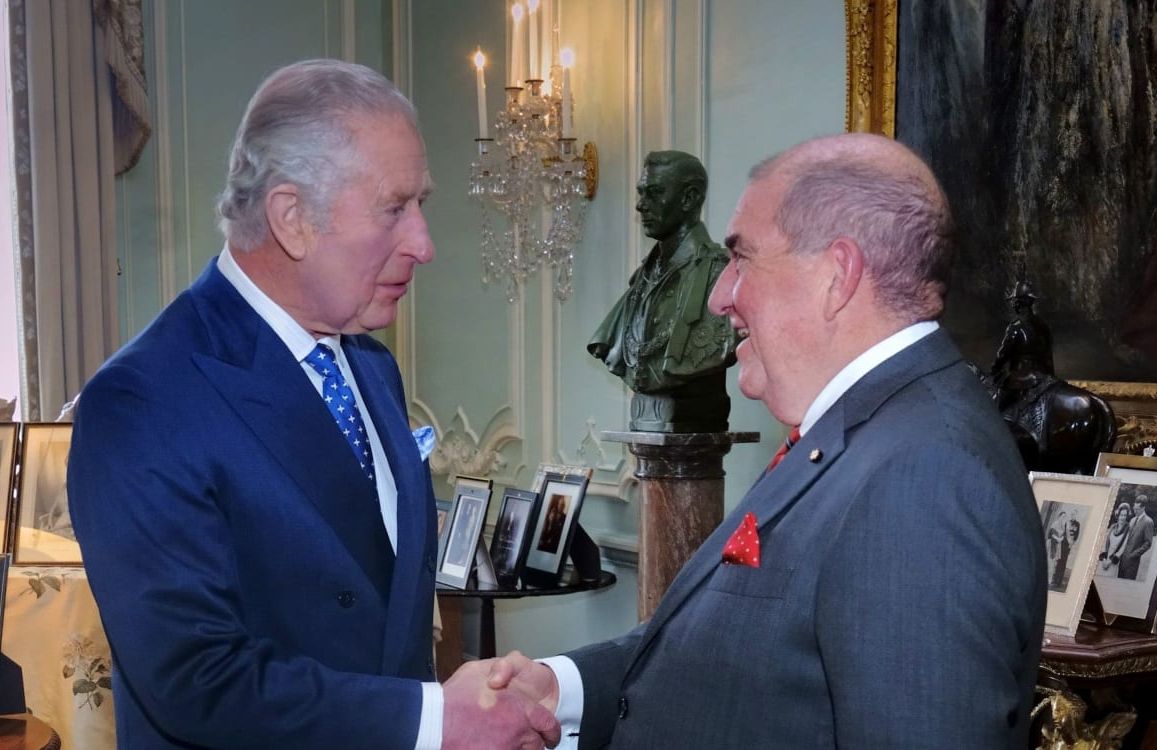
Who is eligible to become a member?
St John people are eligible for membership of the Order. They are the nearly 200,000 volunteers who are core to delivering first aid, the uniformed and non-uniformed members of the St John ambulance services, and the people who run the commercial operation. They are the professional people who often give expert pro bono advice, philanthropists, the volunteers who with their skills and knowledge give up their spare time to serve their communities, and the twelve thousand paid staff in the forty-four territories worldwide who along with the others provide the initiatives to develop each organisation and department within St John to deliver the charitable output.
What are the eligibility criteria?
A person can be nominated for membership of the Order not because of their age or service in years – the Service Medal of St John recognises time and service – but because they have stood out from their peers. Their efforts must have had a positive impact on St John. Becoming a member is an honour, but it is not honorific. St John membership is awarded for service and achievements in the past, and uniquely, also a thanks coupled with future expectation. Nominators would have a connection with St John but may not always be members of the Order.
What are the Privileges of membership of St John?
The honour of being a member of a Chivalric Order is the dignity of membership and the estimation in which that is held. The dignity is to uphold the values of the Order. Privileges that are granted to all members are:
- the right to be invested, in the name of The King as Sovereign Head of the Order;
- the right to wear insignia of the Order, both full size and miniature, in accordance with the Regulations and, in many countries, in accordance with the official Order of Wear in force in these countries (including the UK); and
- in certain countries, (not the UK) the right to use post-nominal letters of the Order.
Members of the Order in Grades I and II have an additional Privilege:
- the right to wear Robes of the Order. (This right is extended to other grades for Principal Officers, members of Chapter, and Ceremonial Officers.)
A Knighthood or Damehood offered to our Members at Grade I or II means that they are a Knight or a Dame within St John, but there is no entitlement for them to use these titles outside of the Order.
Members who are armigerous (the right to bear Heraldic Arms) are entitled to further Privileges on their Arms. These can be found in Statute 62.
Membership Statistics for 2024
168,376 every day heroes volunteering worldwide
4 million using our services across the globe
697 new Members admitted to, and Members promoted within, the Order
Royal Order of Chivalry since 1888
The Service Medal of St John
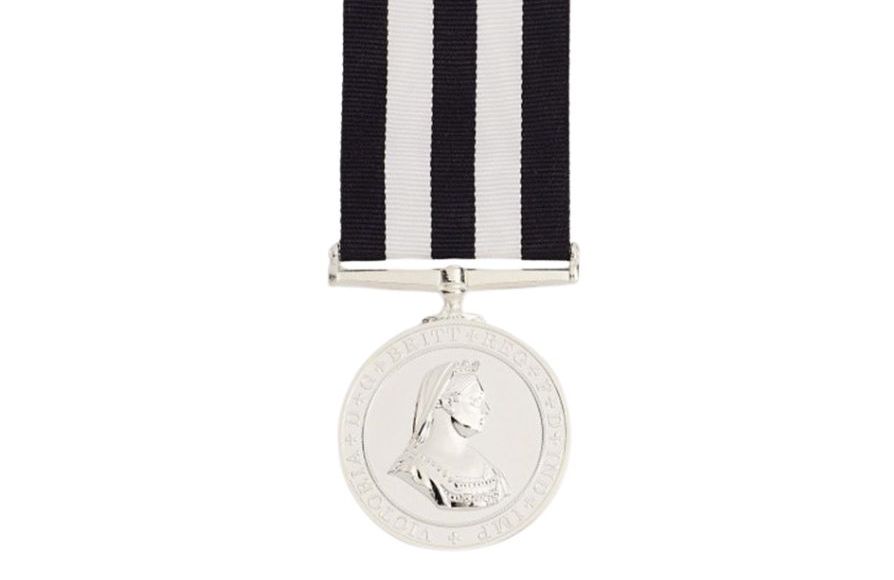
Awards for Bravery
The Order may award the Life Saving Medal or a Certificate of Honour. The Life Saving Medal may be bestowed on a person who has performed a conspicuous act of bravery in which they have endangered their own life while saving or attempting to save the life of others. The full conditions for the award can be found in the Membership (Honours and Awards) Regulations. In the UK the Life Saving Medal, along with other authorised to wear humanitarian medals may be worn on the right of the chest. The Certificate of Honour can be awarded in circumstances which do not merit the award of the Life Saving Medal. Unlike other St John honours and awards, the Awards for Bravery can be awarded to people who have no connection with St John.
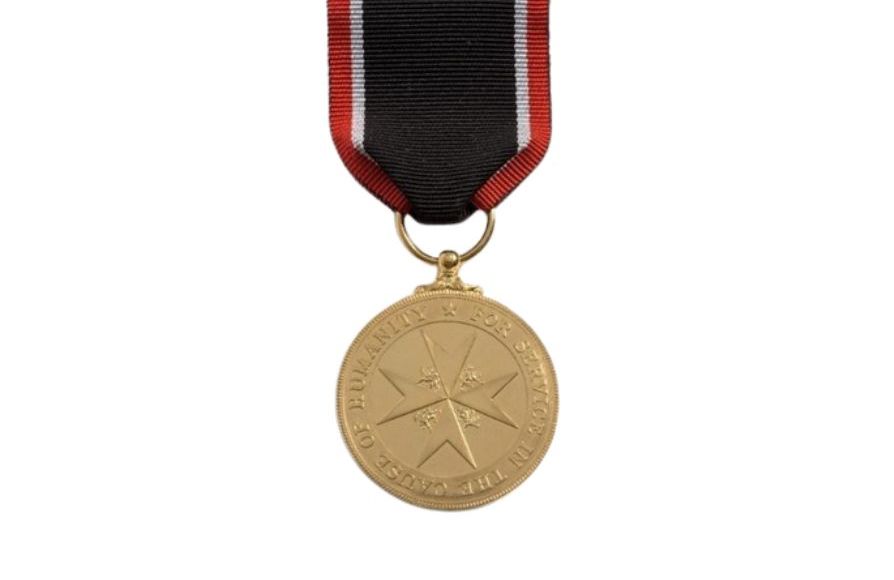
Sovereign’s Award
The Sovereign’s Award is established to recognise a member of St John between the ages of sixteen and twenty-five for outstanding achievement in personal development and benefit to the community through the work of St John. A person to whom the award is made will receive a certificate signed by His Majesty, the Sovereign Head, and a Sovereign’s Award badge.
Sovereign’s Medal of Merit
The Sovereign’s Medal of Merit is a medallion awarded to recognise outstanding merit in pursuit of the Order’s objects and purposes. It can be bestowed on an individual who is not a Member of the Order, a group of individuals (none of whom is a Member of the Order), a corporate body, partnership or similar entity or unincorporated association.
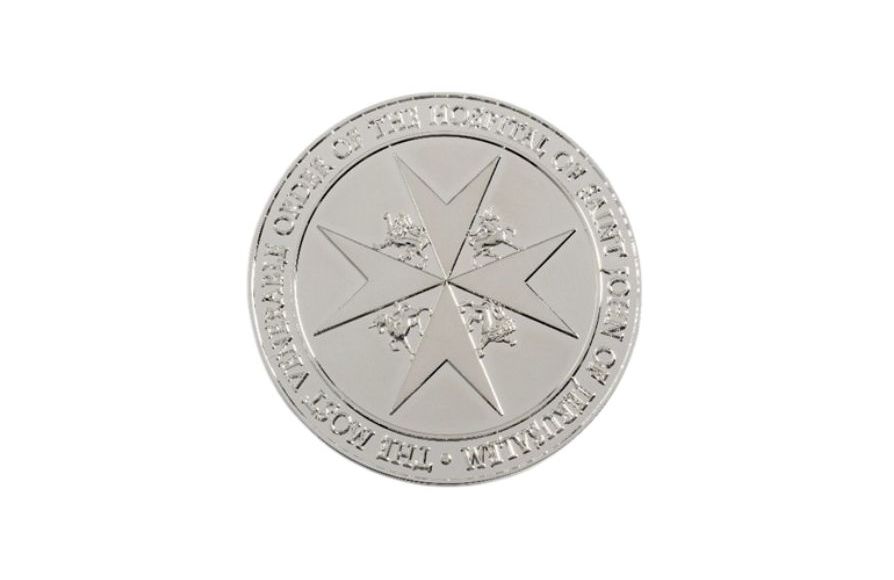
Vote of Thanks
An Order Vote of Thanks may be awarded to those who have done something outstanding of benefit to the Order or an Establishment. It is to recognise the esteem in which the Order holds an individual, a corporate body, or another body. It may be used to recognise acts of philanthropy.
Ceremonial
The Ceremonial of the Order provides a link between St John’s history as a chivalric order and our modern day humanitarian work across the world. People who have done something special for St John are invested into the Order at an Investiture Ceremony, Great Officers and Priors are Installed in a ceremony, and other ceremonies include dedicating symbols and assets for St John. Family and friends are invited to St John investitures as it is both a private affirmation of an admission to or promotion within the Order and a public recognition of the admission or promotion. Such openness is a characteristic of all St John ceremonies.
As a Royal Order of Chivalry of the British Crown, there are certain customs, practices, and requirements that St John ceremonial follows in recognition to its status as a Royal Order and the Sovereign Head, His Majesty The King. The Order has a right to decide upon its own ceremonial and that Ceremonial has developed over centuries. This evolution will continue as the structure, requirements, and circumstances of the organisation change. Furthermore, as the Order conducts ceremonial in many territories the ceremonies of St John reflect the local laws, customs, and cultures of these territories. A St John Ceremonial Handbook is currently being written and will provide guidance on how to conduct St John Ceremonial. The guide is expected to be published in book form in 2025.
The Five Orders of St John
The Order of St John is one of five recognised Orders of St John, along with the Sovereign Military Order of Malta, known as SMOM, (full name The Sovereign Military Hospitaller Order of St John of Jerusalem, of Rhodes and of Malta), the Johanniter Order (also known as Balley Brandenburg), and the Dutch and Swedish Johanniter Orders. All have St John in their names, and all use the white, eight-pointed cross, commonly referred to as the Maltese, or Amalfi Cross, as their badge and symbol, which is specifically associated with these five Orders.
There are some organisations who have adopted some aspects of the history, names and marks, emblems, or other symbols of the recognised orders. While some such unrecognised orders do have some charitable function and offer insignia to their members, they are not recognised by any state as an Order of Chivalry.
Such unrecognised orders blur the boundaries of the St John family brand. They pose a threat to The Order of St John by confusing volunteers, donors, and the wider public. As St John strives to be the global leader in first aid and medical responses to community healthcare needs with a gold standard of training and operations, unrecognised orders put that at risk.
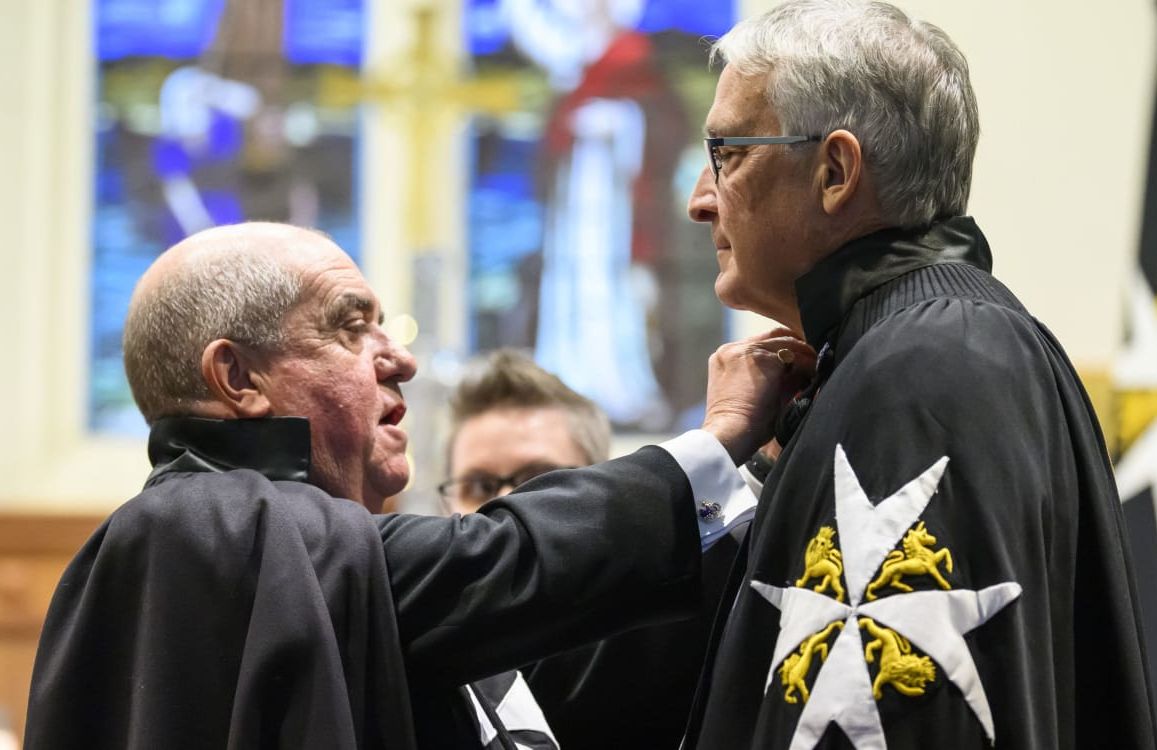
The Unrecognised Orders Monitoring Group
In 2021, our Grand Council agreed to set up a group of Priory representatives to monitor unrecognised orders (UOs) in their territory. The group was named the Unrecognised Orders Monitoring Group (UOMG) and set up as a sub group of the Grand Council with the Head of Chancery as Chair. Members of the Five Orders of St John Committee on the Orders of St John (COStJ) are also members.
The reason for monitoring the activities of such bodies is to protect the marks and domain names of the Five Orders from the confusion arising from similar marks and names of unrecognised orders. Furthermore, it is essential to prevent any confusion in a potential donor’s mind as to where his or her donation to St John is going.
Members of the wider St John family should be aware of the existence of unrecognised orders using St John in its name, or a derivative of St John, or using an Emblem that is likely to cause confusion with the Order of St John and the other recognised orders. Should St John personnel become aware of any unrecognised orders impinging on the Order they should report its existence to the International Office.

